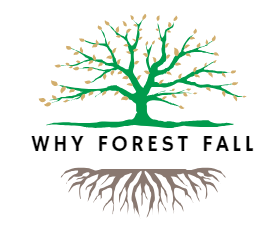Deforestation is the purposeful clearing or thinning of forested land, often to make way for agricultural activities, urban development, or other uses. It represents a significant issue in global land use and contributes to environmental concerns such as loss of biodiversity and climate change.
read moreForests are home to a majority of the Earth's terrestrial species. Deforestation leads to habitat destruction, threatening countless plants and animals with extinction.
Trees absorb carbon dioxide, a major greenhouse gas. Deforestation increases CO2 levels in the atmosphere, contributing to global warming and altering climate patterns.

Forests provide numerous ecosystem services, including water purification, climate regulation, and habitat for wildlife. Deforestation diminishes these services, impacting both nature and human societies.
Many indigenous communities rely on forests for their livelihoods, culture, and identity. Deforestation can displace these communities and threaten their way of life.
Trees filter pollutants from the air. Their removal can lead to poorer air quality and increased respiratory problems in nearby populations.
The conversion of forests into agricultural land for crops and livestock is the biggest driver of deforestation. This includes both subsistence farming and large-scale commercial agriculture.
Logging for timber and paper products can lead to significant forest loss. Both legal and illegal logging practices contribute to deforestation.
Road construction, urban expansion, and the development of infrastructure such as buildings and transportation networks lead to the clearing of forests.
Extractive industries clear large areas of forest for mining operations, which disrupt ecosystems and contribute to habitat loss.
In some regions, particularly in South America, forests are cleared for cattle grazing, which requires large areas of land.
Both intentional and unintentional fires can destroy vast areas of forest, often used to clear land for agriculture.
Although not a direct cause, climate change can exacerbate deforestation as rising temperatures lead to drought, increased pest outbreaks, and more frequent and severe wildfires.

Forests are crucial for numerous reasons: they provide essential resources such as timber and clean air, support biodiversity by serving as habitats for countless species, help prevent soil erosion and protect against natural disasters like landslides and floods, and sustain jobs and local economies. Additionally, forests play a significant role in carbon storage, which is vital for combating climate change.
